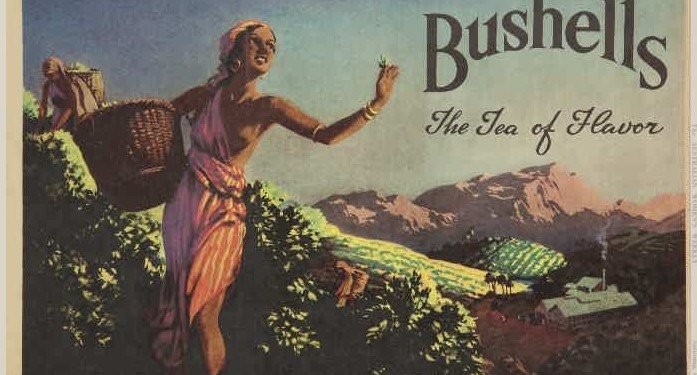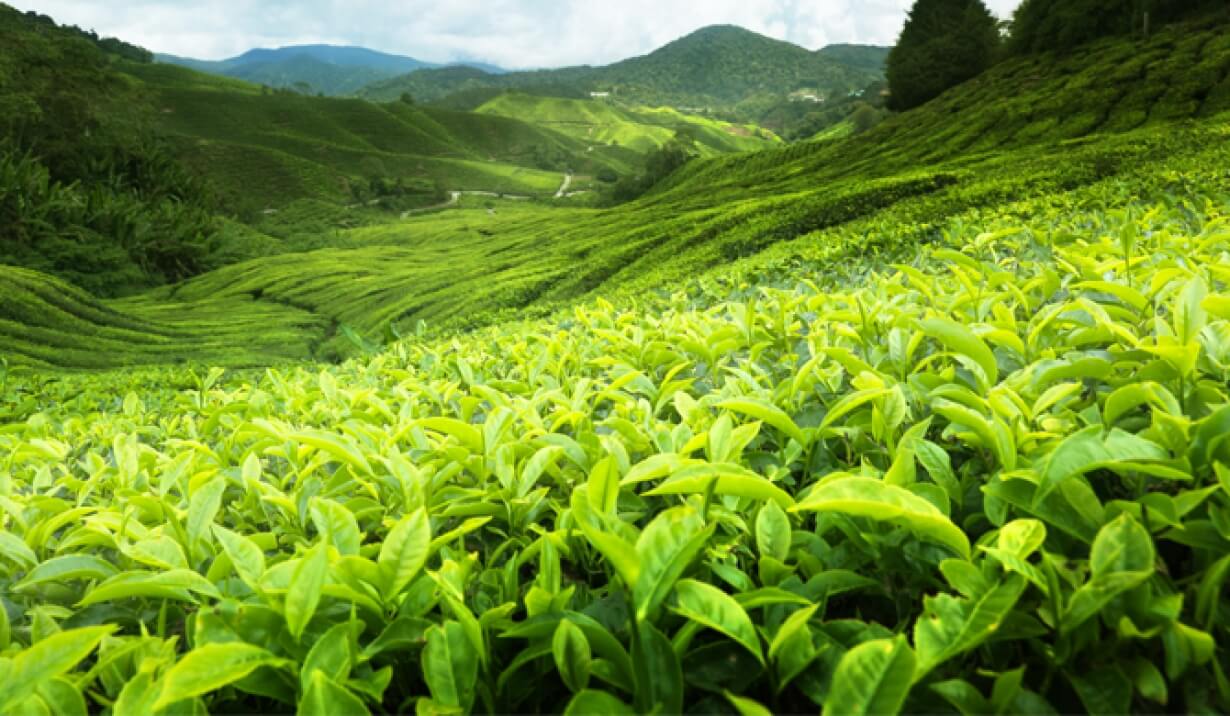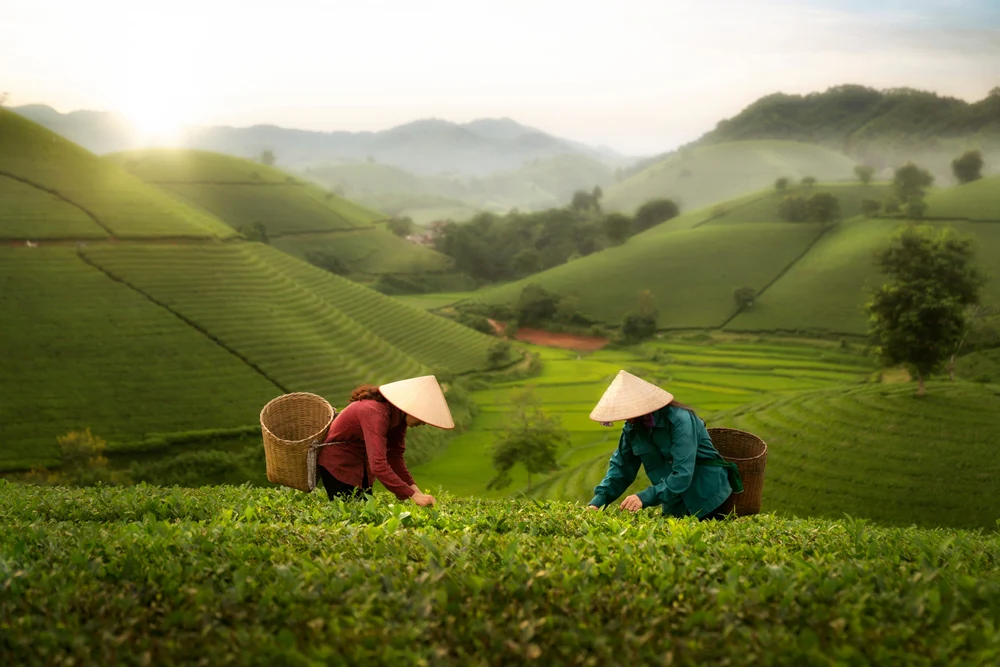Nestled in the lush hills of eastern Nepal, Jun Chiyabari Tea Garden is more than a producer of exquisite teas—it’s a beacon of community development and empowerment. Known for its exceptional hand-rolled black teas and jade oolongs, Jun Chiyabari combines artisanal tea craftsmanship with a deep commitment to the well-being of its workers and the surrounding community.
A Philosophy Rooted in Education and Community
At the heart of Jun Chiyabari’s mission is a belief in education as a cornerstone of societal progress. The garden employs over 200 individuals, the majority of whom are women, in Dhankuta’s rural hills. Beyond employment, Jun Chiyabari invests in the broader community, likening their support of education to nurturing young tea saplings that will grow to maturity. This vision reflects the patience and foresight needed to create not only world-class tea but also a brighter future for their region.
Every purchase of Jun Chiyabari tea contributes to this mission, enabling the garden to support local initiatives and empower the next generation.
Empowering Women in Nepal’s Tea Industry
Jun Chiyabari is a pioneer in elevating the role of women in Nepal’s traditionally patriarchal society. Historically confined to tea-picking roles, women at Jun Chiyabari now hold supervisory positions in both the fields and the factory. This shift reflects the estate’s commitment to equal opportunity and wage parity.
Women like Kalpana Rai, a record keeper studying for her master’s degree, exemplify the opportunities Jun Chiyabari provides. For many of these women, their roles at the tea estate have brought stability and the chance to support their families without needing to migrate for work.
Nearly 80% of the garden’s workforce is female, with tasks ranging from plucking and sorting tea leaves to overseeing operations. The camaraderie among the workers is palpable, with groups of women laughing and chatting as they meticulously inspect tea leaves, ensuring only the finest make it to market.
Crafting Exquisite Organic Teas
Jun Chiyabari’s teas are a reflection of the garden’s meticulous care and sustainable practices. The estate focuses on small-batch production, hand-rolling tea leaves to preserve their natural character and flavor.
- High Himalaya Hand-Rolled Tips Black Tea: This tea is rich, robust, and brimming with the unique terroir of the Himalayan foothills.
- High Himalaya Jade Oolong: A vibrant and nuanced tea, offering floral and fruity notes with a smooth finish.
The journey from plucking to packaging is a labor of love. By sunset, freshly harvested leaves are delivered to the factory’s attic, where they rest overnight to develop their aroma. The following day, the leaves undergo careful processing before being shipped worldwide as organic Himalayan tea.
A Model for Sustainable Development
Jun Chiyabari’s dedication to sustainability extends beyond its tea gardens. The estate employs organic farming methods, nurturing the soil and environment while producing high-quality teas. This approach ensures that the land remains fertile for future generations and aligns with the garden’s overarching philosophy of harmony and growth.
The success of Jun Chiyabari Tea Garden is a testament to the power of combining exceptional tea production with a commitment to community and equality. By supporting this garden, tea lovers around the globe can enjoy extraordinary teas while contributing to a meaningful cause.
A Legacy of Flavor and Impact
Jun Chiyabari is more than just a tea garden—it’s a story of empowerment, sustainability, and excellence. From the rich aroma of its teas to the lives it transforms, this Himalayan gem stands as a shining example of how quality and compassion can go hand in hand.






